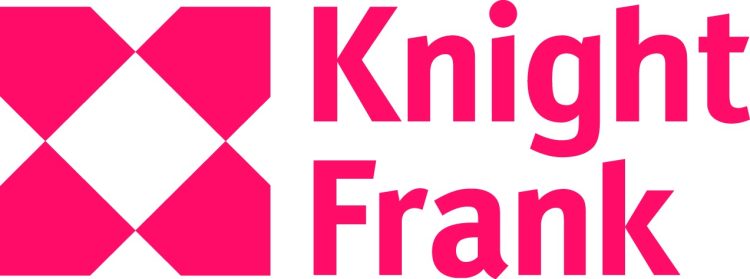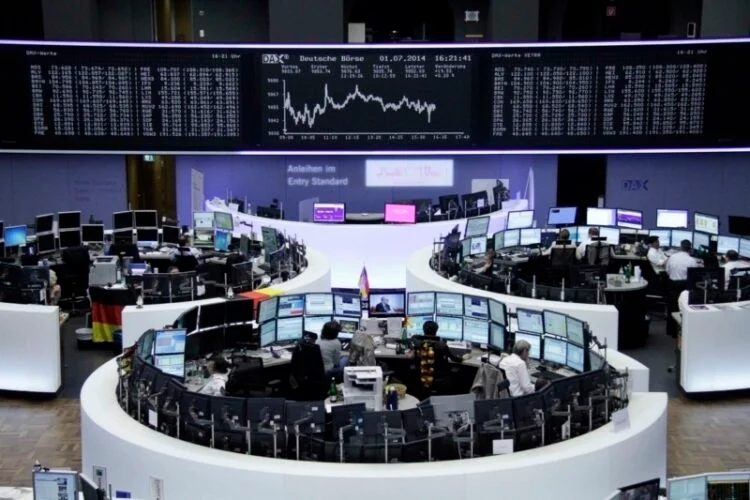Publisher: Maaal International Media Company
License: 465734
Knight Frank: Riyadh retail occupancy levels hit 92%
Average rental rates across Riyadh’s retail market have increased by 4.2% to SAR 2,845 psm for both regional and super-regional malls in the last 12 months, while occupancy rates across the retail market increased by 5 percentage points to 92%, according to global property consultancy Knight Frank’s Saudi Arabia Retail Market Overview Autumn 2024.
The total existing retail supply in Riyadh stands at 3.8 million sqm, with around 22,500 sqm of retail space entering the market in Q3 2024. Knight Frank forecasts that the capital’s retail stock will grow by 21% to 4.3 million sqm by 2026.
In contrast to the capital, Jeddah, and the Dammam Metropolitan Area (DMA) have experienced subdued retail market growth in the last 12 months. Although Jeddah’s average rental rates for regional and super-regional malls have shown relative stability, rising modestly by 1.2% over the past 12 months to an average of SAR 2,525 psm, occupancy rates have dipped by 1 percentage point, settling at 86%.
اقرأ المزيد
In DMA, demand from retailers for space in regional and super-regional malls remains strong, with occupancy rates holding steady at 90%. However, rental rates have experienced a slight drop over the past year, declining by 0.7% to an average of SAR 2,285 psm, says Knight Frank.
Faisal Durrani, Partner – Head of Research, MENA, explained: “Riyadh’s retail market is experiencing significant growth, shaped by the emergence of entertainment and lifestyle-led retail. Indeed, over 50% of new retail developments are dedicated to experiential retail such as cinemas, and children’s entertainment areas, as well as unique restaurant concepts, many of which are new to the Kingdom, all of which is being driven by an expansion of urban areas, growth in the population and rising consumer spending.
“The key for retailers, mall operators and mall developers in the face of the projected 21% increase in retail space by 2026 will be to ensure their offerings remain relevant, trend-forward, and focused on providing unique experiences in order to stay competitive and succeed in the face of rising supply and a rapidly expanding e-commerce market.”
Shift in consumer behaviour
Knight Frank emphasises the evolving trends in consumer behaviour s and shopping habits underscores the critical need for retailers to remain agile and adaptable in response to these changes.
Looking ahead, with 7.4 million sqm of new retail space planned nationwide, including 2.6 million sqm in Riyadh, rents are expected to face downward pressure as the growth in online shopping continues to outpace in-store transactions. However, the shift toward experiential retail is helping landlords sustain footfall and increase dwell times, which is underpinning the rising focus on curating experiences centred on wellness, education, or entertainment for future retail developments across the country.
Jonathan Pagett, Partner – Retail Advisory, KSA, commented: “The convenience of online shopping, wider product selection, and competitive pricing are consequently supporting the growth of e-commerce platforms. According to Saudi Central Bank, Saudi Arabia’s point-of-sale spending rose to SAR 58.5bn (US$ 15.6bn) in August 2024, reflecting a 9.67% rise on August 2023. Notably, food & beverage outlets accounted for 36% (SAR 16.55bn) of this spending, reflecting a 4.7% increase between January and August.
“The convenience of online shopping, wider product selection, and competitive pricing is supporting the growth of e-commerce platforms. This trend was accelerated by the pandemic and has supercharged the growth of online platforms like Noon, Amazon.sa, and Jarir”.
Meeting the expectations of a diverse and digitally savvy customer base and capitalising on opportunities created by the nation’s economic diversification efforts will allow the retailers to effectively align with the Kingdom’s rapidly evolving market dynamics, says Knight Frank.
E-commerce market
Separately, Knight Frank highlights the e-commerce market in Saudi Arabia, which grew by 22% year-on-year to SAR 124bn (US$ 33.2bn) during the first eight months of the year. This growth is being catalysed by a high smartphone penetration rate of 97% across the Kingdom, coupled with increased internet usage, and supportive government initiatives aimed at enhancing the digital economy.
Amar Hussain – Associate Partner – Research, ME, concluded: “E-commerce platforms are revolutionising the retail sector in Saudi Arabia by providing consumers with seamless, convenient access to a wide range of products, supported by advanced logistics networks and digital payment solutions. The rise of online shopping has prompted traditional retailers to adopt omnichannel strategies, integrating physical stores with digital platforms to enhance customer experiences. Additionally, the rapid growth of e-commerce is fostering innovation in marketing and personalisation, allowing businesses to leverage data-driven insights to cater to the unique preferences of Saudi Arabia’s tech-savvy population.”








